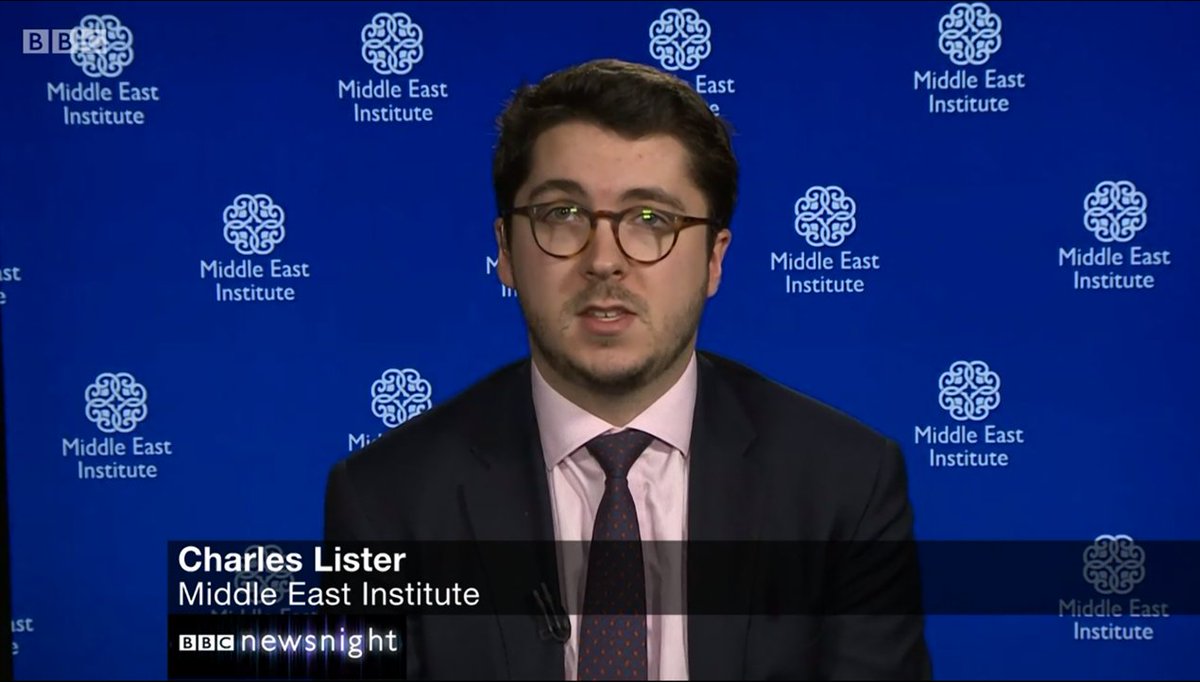Charles Lister, Head of the Syria Program at the Middle East Institute in Washington, has provided a significant assessment of the strategic implications following an Israeli airstrike on part of Iran’s consulate in Damascus, Syria, on April 1. The strike, which targeted the Iranian Revolutionary Guard Corps-Quds Force (IRGC-QF) leadership for Syria and Lebanon, resulted in the deaths of Brigadier General Mohammed Zahedi, General Hossein Aminullah, and Major General Haj Rahimi. This action has been marked as a critical point in the regional conflict following Hamas’ attack on Israel on October 7, 2023.
Lister highlighted the unprecedented nature of the strike, which not only destroyed a building within the Iranian Consulate compound but also eliminated a key figure in the IRGC, marking a direct attack on Iranian sovereignty. The operation’s significance is underlined by Zahedi’s role in coordinating Iran’s support for Hezbollah and the Syrian regime, marking him as a central figure in Iran’s regional military engagements.
Six Syrians Killed in Iranian Consulate Bombing: Regime Won’t Say Who They Are
Since the start of the regional tensions in October 2023, Israel has adopted a more aggressive stance, conducting over 55 strikes in Syria, with a significant number targeting IRGC operatives and leadership. The escalation indicates a shift from Israel’s previous tactical actions to a more assertive approach, with the most recent strikes including the targeting of Iran’s consulate, signaling the crossing of previous red lines.
The potential for an Iranian response is high, with the region already on edge. Iran’s history of using proxies to retaliate against aggressive Israeli actions suggests a possible lifting of the freeze on proxy attacks against U.S. forces in Syria and Iraq, which had been in place since early February. Additionally, there is speculation about a reciprocal missile launch from Iran towards Israel, which could escalate tensions further, although efforts might be made to avoid an uncontrollable spiral of escalation.
Despite the increase in Hezbollah-Israel tensions, it seems unlikely that Lebanon will be the focal point for an Iranian response, given the delicate balance that has prevented all-out war in recent months. The coming days are expected to reveal Iran’s approach to retaliation, offering insights into its strategic calculations amidst ongoing multi-front hostilities.
This article was translated and edited by The Syrian Observer. The Syrian Observer has not verified the content of this story. Responsibility for the information and views set out in this article lies entirely with the author.


